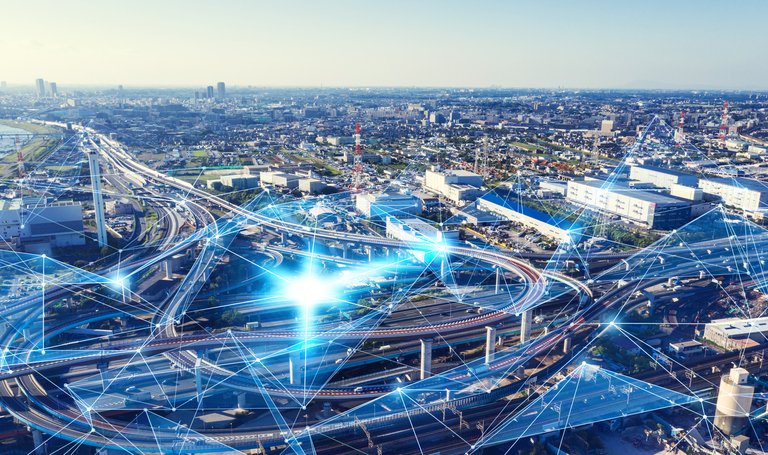In an age marked by rapid digital transformation, global uncertainty and evolving social norms, the way we communicate has undergone a significant shift. The methods we once relied on, such as phone calls, face-to-face meetings and formal correspondence, have either adapted or been replaced by new tools, expectations and behaviours. Now more than ever, we must reflect on how communication functions in this new landscape and what it means for personal connection, professional interaction and societal progress.
The Rise of Digital Dialogue
Technology has revolutionised the way we connect. With the advent of instant messaging, video conferencing and social media, communication has become faster and more accessible. While these tools offer convenience and efficiency, they also raise important questions. Are we truly connecting or just exchanging information? Is something vital being lost when tone, body language and nuance are filtered through a screen?
The challenge lies in maintaining authenticity and clarity in digital exchanges. Emojis and abbreviations have become substitutes for facial expressions and vocal tone, but they can also lead to misinterpretation. To bridge this gap, intentional communication, where we choose our words with care and empathy, has become crucial.
Shifting Expectations in the Workplace
Communication in the workplace has also evolved. The shift towards remote and hybrid models has highlighted the importance of clear, concise and inclusive language. Teams are no longer confined to the same building or even the same time zone, which means written communication often carries the weight of coordination, collaboration and leadership.
This shift calls for professionals who not only understand communication tools but also know how to use them effectively to build trust and motivate others. That’s why expert voices like Bill Burke speaker are becoming increasingly valuable. With a deep understanding of leadership and performance psychology, speakers like Burke help individuals and teams rediscover the power of meaningful, impactful communication.
The Human Need for Connection
At its core, communication is about more than exchanging information; it’s about connection. As our world grows more complex, people crave genuine human interactions. Whether it’s a thoughtful message during a difficult time or a shared laugh on a video call, moments of true connection remain essential for our emotional well-being.
To meet this need, communicators must learn to blend empathy with expression. Listening becomes just as important as speaking. Openness and curiosity help us understand different perspectives, which is vital in a world where diversity of thought and experience is more visible and valued than ever.
Adapting to Cultural and Generational Differences
Global communication brings cultural and generational nuances into sharper focus. What works for one group may not resonate with another. Understanding these differences, whether in tone, format or content, is key to building bridges rather than barriers.
Younger generations, for example, may prefer quick, informal communication, while older audiences might value structure and detail. Cross-cultural interactions require sensitivity to customs and language styles. In this environment, flexibility and cultural intelligence are not just nice-to-have traits; they’re necessities.
Looking Ahead: The Future of Communication
As artificial intelligence and virtual reality further alter our communication methods, we must stay grounded in the values that make communication meaningful: clarity, respect, empathy and connection. These values should guide how we interact with one another, regardless of platform or medium.









